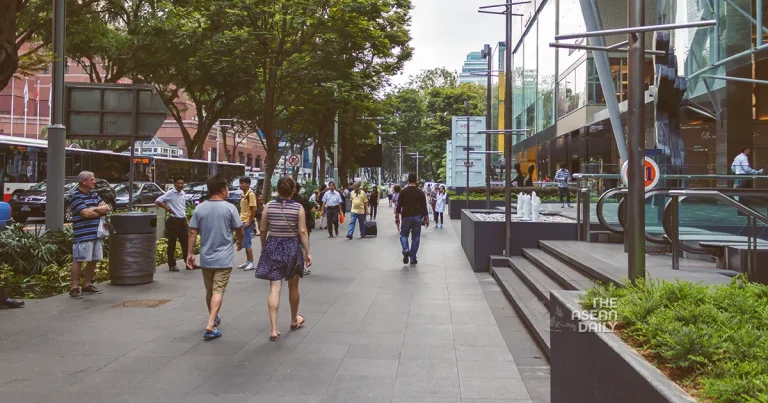3-5-2024 (SINGAPORE) Singapore has emerged as the world leader in youth development according to a comprehensive global survey measuring the status, capabilities and opportunities available to young people across 183 countries. The Republic clinched the top spot not just among Commonwealth nations but also when ranked against all other states worldwide.
The Global Youth Development Index Report 2023, compiled and released by the Commonwealth, assessed nations on six key domains – education, employment, equality and inclusion, health and well-being, peace and security, and political and civic participation. Drawing on a decade’s worth of data from 2010 to 2022, it provides a multi-dimensional overview of how youth, defined as those aged 15 to 29, are faring in societies around the globe.
With an overall score of 0.868 out of a maximum 1.0, Singapore outperformed 182 other countries to claim the number one position. It was followed by Denmark (2nd), Portugal (3rd), Iceland (4th) and Slovenia (5th) in the top five rankings dominated by European nations.
“The report examines the extent to which young people are learning, earning and living healthy, engaged and peaceful lives. It also shows whether they are living in societies that value their views, include their perspectives, and recognise their contributions,” explained Baroness Patricia Scotland, Secretary-General of the Commonwealth.
Among the 56 Commonwealth member states with their combined population of 2.5 billion, over 60% are under the age of 30, making youth development a key priority area. After Singapore, the other Asian representatives in the top 20 were South Korea at 16th and Brunei at 27th, with Malaysia rounding out the top 35 globally.
“By measuring (young people’s) contributions and needs with hard data, our advocacy for their development becomes more powerful,” Baroness Scotland stated, underscoring the importance of evidence-based policymaking.
The report highlights India as having achieved the highest growth in youth development over the past year, improving its score by an impressive 8 percentage points. Several African nations like Zambia, Uganda, Sierra Leone and Togo also made major strides.
However, Nigeria, Papua New Guinea and Mozambique remained among the lowest-ranked countries despite making incremental progress since 2010, pointing to significant disparities within the Commonwealth.
Overall though, positive trends emerged – youth employment rebounded post-pandemic, school completion rates improved by over 6 percentage points, and fewer girls are marrying before 18, enabling greater social mobility. Political engagement saw an uptick too, with more young people volunteering in community initiatives, potentially boosted by COVID-19 response efforts.
“While progress is real, it is uneven…The best way to raise up our young people is to empower them; to let their passion and creativity guide our work with fresh ideas, impetus and inspiration,” Baroness Scotland stated, highlighting the need for inclusive youth policies worldwide.




